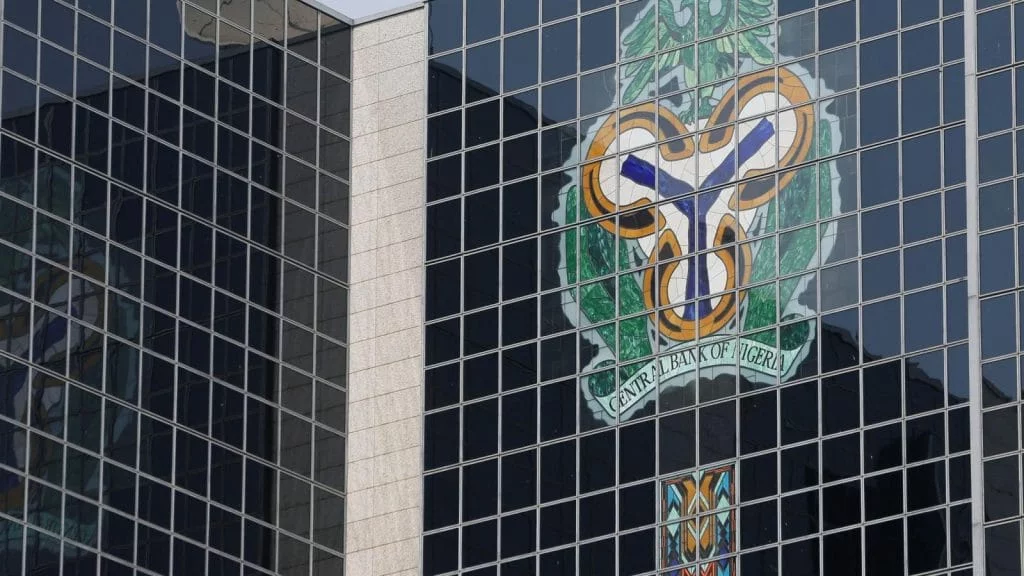The Central Bank of Nigeria (CBN) has confirmed the implementation of a 0.005% cybersecurity levy on all electronic transactions. This move comes as part of the bank’s updated Monetary, Credit, Foreign Trade, and Exchange Policy Guidelines for the fiscal years 2024-2025. The levy is designed to support Nigeria’s efforts to strengthen its cybersecurity infrastructure in the face of rising cyber threats.
The 0.005% levy is rooted in the Cybercrime (Prohibition, Prevention, etc.) Act of 2015, which was enacted to bolster Nigeria’s digital security. The Act mandates that a percentage of all electronic transactions be collected and directed toward a national cybersecurity fund. This fund is intended to provide financial support for enhancing cybersecurity measures, especially in the banking sector, where cyber threats are increasingly becoming a significant concern.
Initially, the levy was set at 0.5% in May 2024. However, this rate met with strong public resistance, as many Nigerians voiced concerns over the financial impact on everyday electronic transactions. President Bola Ahmed Tinubu responded to the public outcry by ordering a temporary suspension of the levy. In response, the CBN reviewed the policy and reduced the rate to 0.005%, as outlined in its new guidelines for 2024-2025.
The 0.005% levy will be applied to all electronic transactions processed by banks and other financial institutions in Nigeria. This includes transfers, online payments, and any other form of digital transaction. Banks and financial institutions will be responsible for automatically deducting the levy from these transactions and remitting the funds to the National Security Adviser’s office, which oversees the cybersecurity fund.
The revenue generated from this levy will be used to support initiatives aimed at improving Nigeria’s cybersecurity infrastructure. With the rise of cyberattacks targeting financial institutions, this fund is expected to provide critical resources to help secure Nigeria’s banking system, preventing cyber criminals from exploiting vulnerabilities in the system.
Although the reduction from 0.5% to 0.005% has eased some concerns, the introduction of any form of levy on electronic transactions has sparked debate across Nigeria. Many Nigerians rely heavily on electronic banking, particularly in urban centers where cashless transactions are becoming the norm. For some, even a small fee on transactions could add up over time, particularly for frequent users of digital payment systems.
Critics argue that the CBN should focus on improving existing cybersecurity systems without placing additional financial burdens on consumers. They fear that the levy could discourage the use of digital payment platforms, especially for those with limited access to traditional banking services. This concern is particularly relevant for low-income earners and small businesses, who rely heavily on electronic transactions for day-to-day operations.
On the other hand, supporters of the levy emphasize the need for stronger defenses against cyberattacks, especially with the growing sophistication of cybercriminals. The banking sector has been a frequent target of cyberattacks, and without adequate funding, the ability to respond to these threats could be compromised. By dedicating a portion of electronic transaction fees to cybersecurity, Nigeria can take a proactive approach to safeguarding its financial infrastructure.
In its announcement, the CBN reiterated its commitment to protecting Nigeria’s banking system from the threat of cyberattacks. The bank highlighted the importance of the cybersecurity fund in maintaining the stability and security of the financial system, which is vital for the country’s economy. The CBN also clarified that the 0.005% rate was carefully chosen to minimize the financial impact on consumers while ensuring that sufficient resources are allocated to cybersecurity efforts.
According to the CBN, cyberattacks on financial institutions are becoming increasingly sophisticated, and it is essential for the country to remain vigilant. By establishing a dedicated fund for cybersecurity, Nigeria can enhance its ability to detect, prevent, and respond to these threats.
The CBN’s implementation of the 0.005% cybersecurity levy represents a significant step in Nigeria’s ongoing effort to protect its digital economy. As the country becomes more reliant on electronic transactions, the need for a robust cybersecurity framework becomes even more critical.
Despite the controversy surrounding the levy, its success will depend on how effectively the funds are used to strengthen Nigeria’s cybersecurity capabilities. If the CBN can demonstrate tangible improvements in the country’s cyber defenses, public opposition to the levy may soften. However, if the implementation of the levy leads to further public dissatisfaction, the CBN could face additional pressure to reconsider its approach.
In the meantime, the CBN has reaffirmed its determination to proceed with the levy, seeing it as a necessary measure to protect Nigeria’s financial system from the ever-present and evolving threat of cyberattack.
The 0.005% cybersecurity levy is a crucial part of Nigeria’s strategy to bolster its defenses against the rising tide of cybercrime. While it has generated some controversy, the levy is expected to provide much-needed funding to protect the country’s banking system and digital infrastructure. As Nigeria moves further into the digital age, cybersecurity will continue to play an essential role in ensuring the safety and stability of its financial ecosystem.







